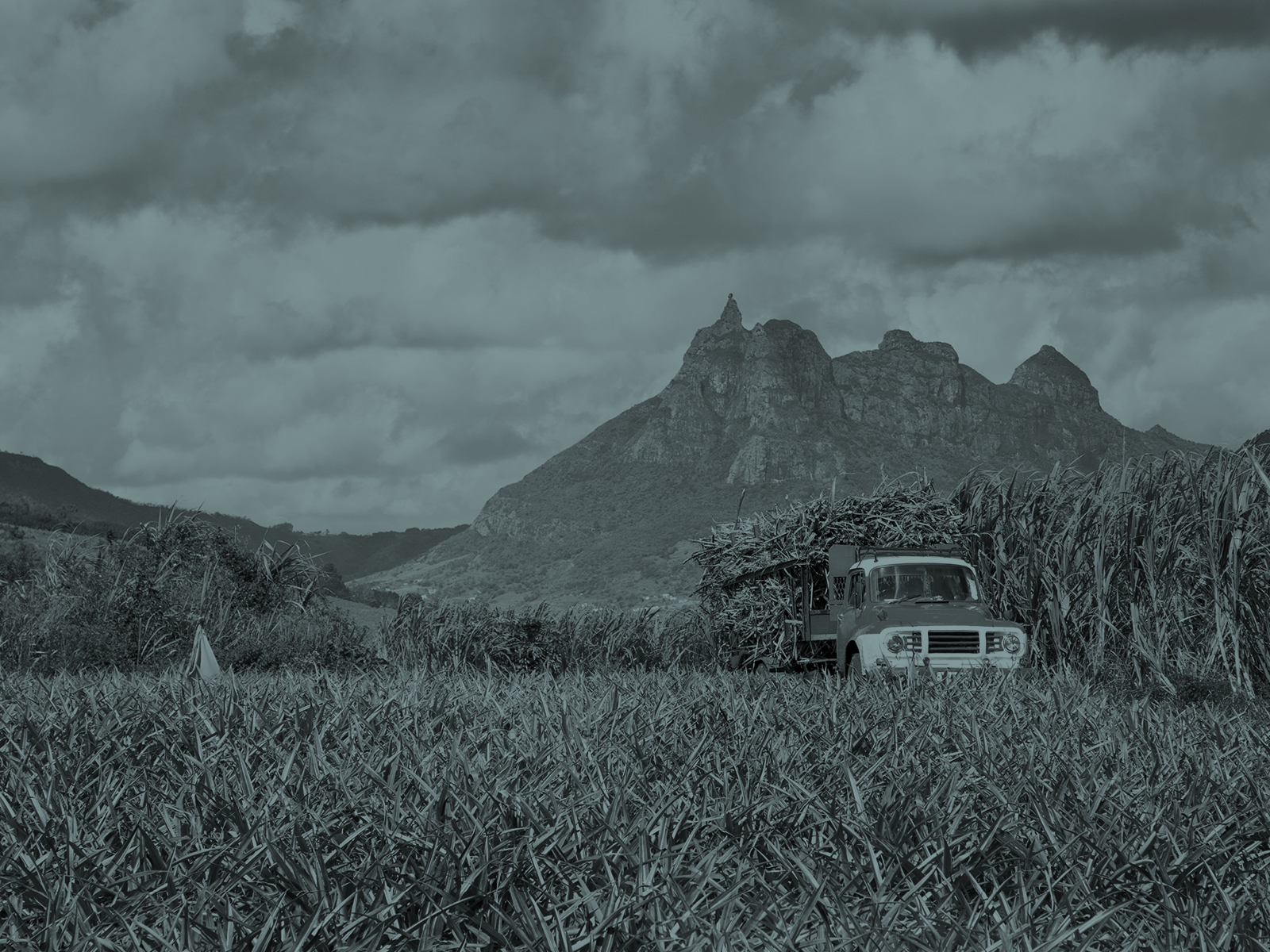Certainly, agricultural efficiency can be improved. However, in a world where farmers are subject to huge variations in their access to technology and resources, and to their ability to adapt to climate change we should be looking to ensure we use ingenuity and science to create opportunity for all farmers.
Earlier this year the international community committed to the Sustainable Development Goals (SDGs) which include sustainable agriculture and the elimination of hunger, as well as addressing inequality and climate change.
However, when you look at the Paris Agreement on climate change, you will not find the word "agriculture". But do not be fooled. It is there. It is one of the biggest social, economic and political issues in the negotiations.
Of the countries' climate action pledges, the so-called Intended Nationally Determined Contributions (INDCs), 80% include agriculture for climate-change mitigation targets (especially in the plans of developed countries) and 64% include agriculture for climate-change adaptation strategies (especially the plans of developing countries).
To achieve these targets and improve life for the millions of (mostly female) smallholder farmers throughout the developing world, we need sustainable and productive agriculture techniques and technologies which are accessible to all. The agricultural efficiency opportunities we create need to build on the assets and knowledge farmers already have and innovatively use that capacity and science to improve agriculture in this climate-affected world.
The Nairobi work programme on adaptation has over the last year collated and reviewed over 100 case studies, many of which focus on accessible, sustainable and improved agriculture. This illustrates the good knowledge we already have, but which has yet to feed effectively into improved policies and practices at scale.
Agriculture has featured more prominently at COP21 than at any of its predecessors and will certainly be on the table for discussion and decisions at COP22 in Marrakesh in 2016. But that doesn’t hide the fact that negotiators and leaders have fundamentally failed to recognise the centrality of agriculture and food security in the Paris agreement—an oversight which could jeopardise collective efforts to limit global warming to a maximum of 2°C.
To ensure there is improved agricultural efficiency in a climate-affected world, the opportunities must be centred on the needs and existing resources of smallholder farmers, who feed 70% of the global population, guided by the principles of technology justice: that technology should be available to all those who need it as long as it does not negatively impact on others, or on future generations.
In order to do this we must:
- action research to understand what climate-smart agriculture truly is;
- ensure accessibility to improved technologies and knowledge services;
- stimulate innovation which responds to the needs, risks and resources of smallholder farmers; and
- focus on long-term sustainability, to ensure agriculture protects or builds the natural-resource base and opportunities for future generations.
The agricultural community—farmers, researchers, businesses and policymakers—are not starting from scratch. The 2014 Symposium on Agroecology of the UN's Food and Agriculture Organisation highlighted a large and growing body of knowledge on productive and sustainable ecological systems that are accessible to smallholder and vulnerable farmers who are the most difficult to reach.
Sceptics of more agroecological approaches may question the scalability and the fit with market systems and private-sector investment. But there is evidence to prove that they work and that they are inclusive. Let’s find pioneering methods to align market systems and private-sector investments to be inclusive of all farmers and work with the ecological potential of the landscape.
World leaders say COP21 talks are about creating a better world. Sustainable and inclusive agriculture is central to achieving that. Let’s be dynamic and innovative in researching market and knowledge systems that create lasting opportunities for all farmers in a climate-affected world.
The views and opinions expressed in this article are those of the authors and do not necessarily reflect the views of The Economist Intelligence Unit Limited (EIU) or any other member of The Economist Group. The Economist Group (including the EIU) cannot accept any responsibility or liability for reliance by any person on this article or any of the information, opinions or conclusions set out in the article.




